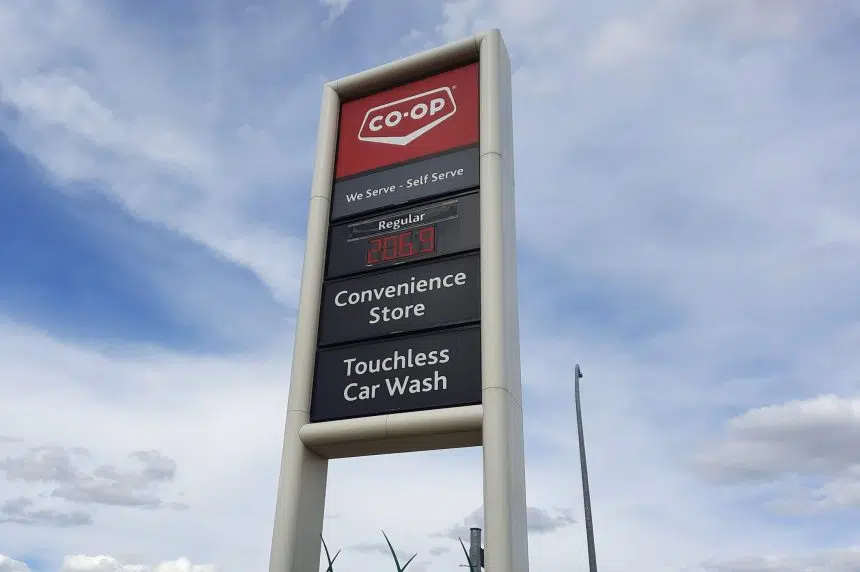The record-breaking gas prices we’re seeing right now could be with us until the end of the year.
That’s according to Patrick De Haan, the head of petroleum analysis for GasBuddy.com. He says gasoline inventories in the United States and Canada are at their lowest mark in decades.
“Almost every week, we’ve seen gasoline inventories in the States moving lower and since Canada doesn’t have data to counter that, I think markets are going off of (U.S. data),” he explained.
“The Canadian markets very much follow markets in the United States, so that is likely the key driver behind prices that have shot up about 10 cents a litre here and this may not be the end of it.
“There’s a diminished ability for refineries to produce as much gasoline, diesel and jet fuel because of shutdowns that have occurred since COVID. That demand has remained very high amidst refinery capacity that has been declining the last three years.”
The price of gas in Regina reached $2.07 on Monday.
De Haan feels gas prices could continue increasing during the summer and an event like a natural disaster could make those gas prices even higher.
“I would hope that things would slow down a bit,” he said. “But with very little breathing room and little room for margin of error, I’m a bit worried that if we get a major hurricane this summer or (have) refinery snags, we could see prices jumping even more.”
De Haan compares the high prices in oil to the housing market where there is more demand than supply.
“It’s too much demand and too much supply. That has caused oil prices to go up. Oil companies are price takers and that (means) whatever (the) supply and demand equation nets to, oil companies sell at the market price,” he explained.
“I think we will see elevated prices stick around for at least the rest of the year. I think there is more upside and not much more potential for a major downside and that’s just the unfortunate realities.”
De Haan also points to policies in Canada and the United States as a reason for why gas prices are continuing to climb.
“You can’t ignore the Trudeau administration in Canada and Biden administration have tried to crack down on the usage of fossil fuels. By doing so, they haven’t cracked down on consumption, but they’ve cracked down on production through killing pipelines and trying to curb the ability for the oil industry to meet demand,” De Haan argued.
“If Canada had built more pipelines and invested in its oil sector, one could argue we’d be in a much better situation than we find ourselves in today.”











